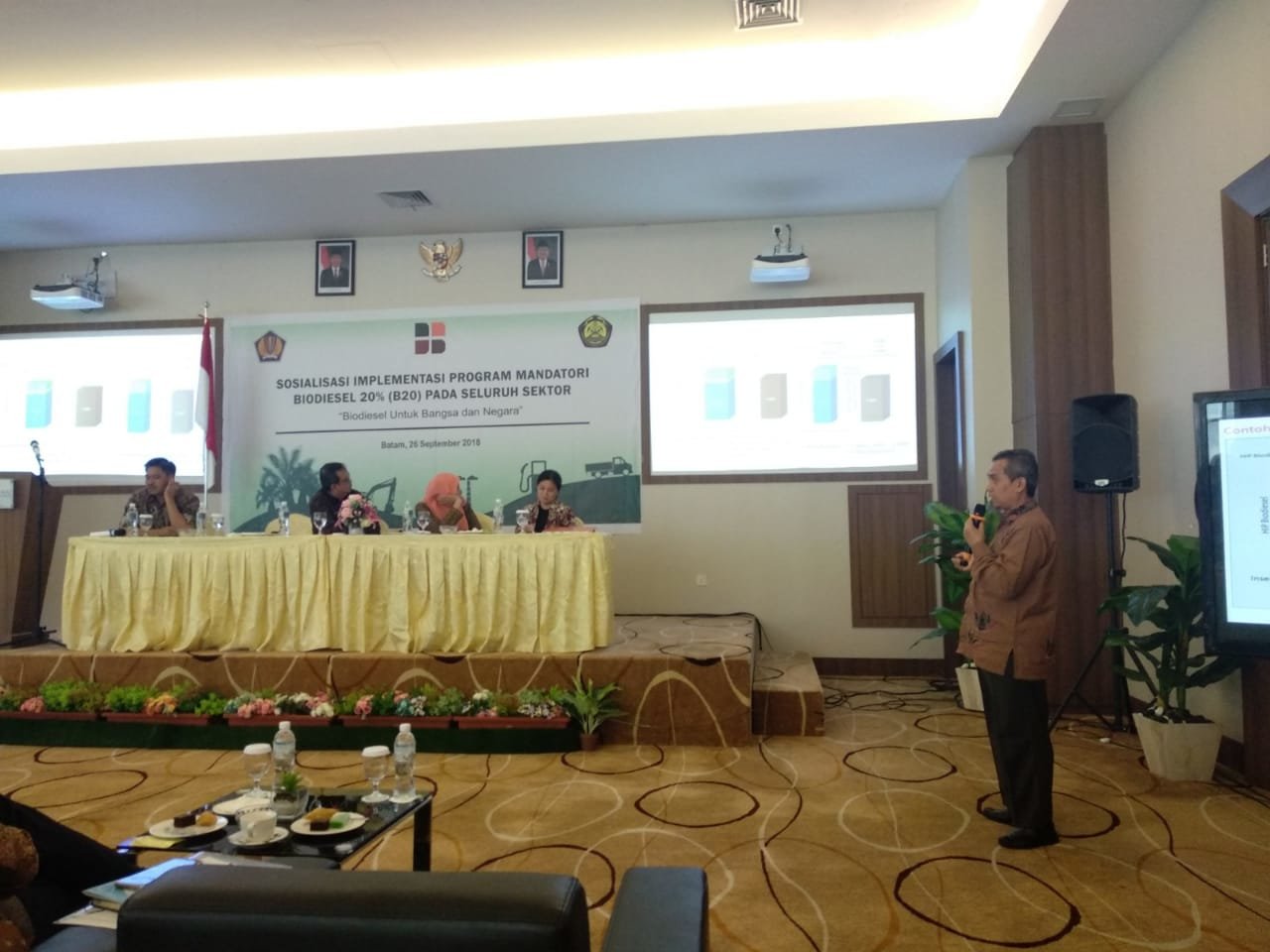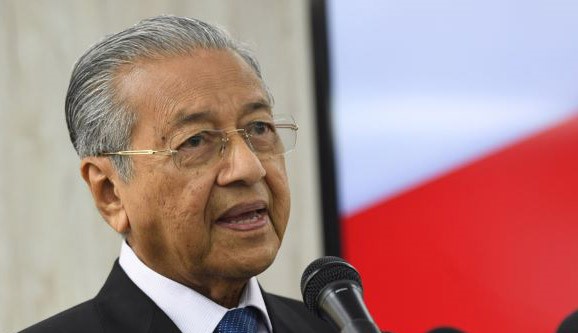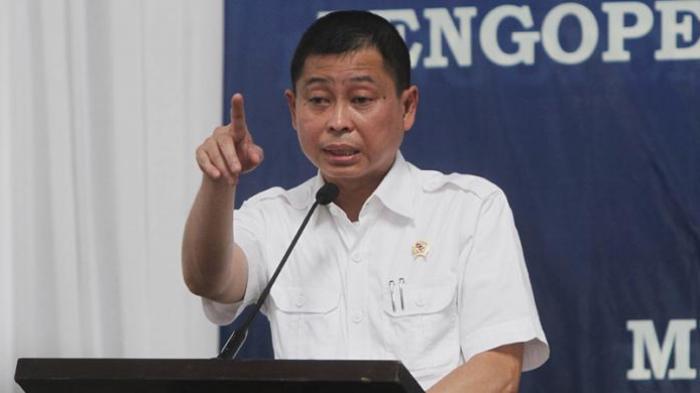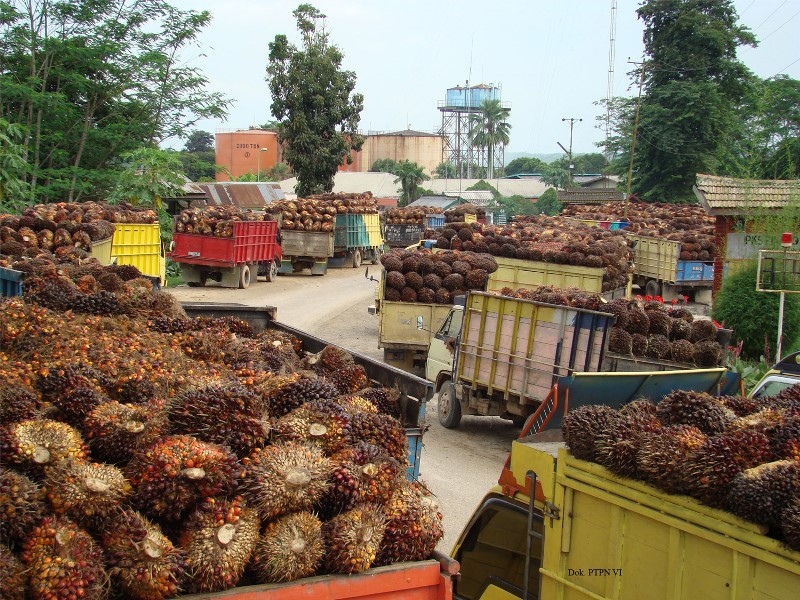French Oil Company to Start Up Biodiesel Refinery Using Palm Oil
EUROPEAN Union’s dependence on palm oil is simply undeniable despite the fact that the discrimination against palm oil continues.
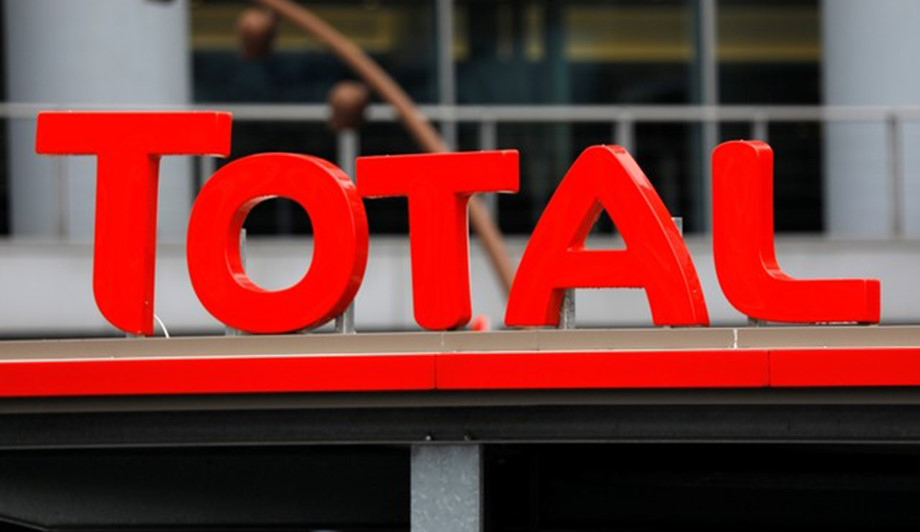
EUROPEAN Union’s dependence on palm oil is simply undeniable despite the fact that the discrimination against palm oil continues. A ban on the use of palm oil in transport fuel in the EU doesn’t stop anyone to use palm oil.
As reported by Reuters, Total, a French multinational integrated oil and gas company, is set to start up a biodiesel refinery using palm oil. The refinery in La Mede in southern France will begin production in two weeks, Chief Executive Patrick Pouyanne told journalists on the sidelines of the company’s annual shareholders’ meeting on Wednesday, (29/5/2019). “Operationally the project is starting,” he said.
The start-up of the 500,000 tonne-per-year refinery has been delayed several times. Total has committed to use less than 300,000 tonnes of crude palm oil per year at La Mede out of a total of 650,000 tonnes, with the rest coming from oils from other plants, recycled animal fat, cooking oil and industrial oil.
Earlier, the French National Assembly has passed a bill explicitly saying palm oil “is not a biofuel” and won’t be eligible for tax breaks as of 1 January 2020. Currently, palm oil imported into France to produce agrofuels benefits from a reduction in the general tax on polluting activities (TGAP). This provision, which was intended to promote the development of biofuels, will no longer benefit palm oil as of 1 January 2020.
However, it is not entirely certain that this tax advantage will be eliminated once and for all. Indeed, French MPs voted for the exclusion of palm oil as part of the 2019 finance bill. And the ban will only start applying as of 1 January 2020. This means that the provision will be discussed again during the finance bill for 2020.
The EU has concluded that palm oil cultivation results in deforestation and its use in transport fuel should be phased out by 2030. Nevertheless, it granted some exemptions production by smallholdings or on unused land.
The Government of Indonesia strongly opposes the conclusion, saying that it is based on inaccurate and discriminatory factors. It is more about an internal political compromise to phase out and impose a ban on palm oil imports into the EU mandated biofuel sector in order to protect and to promote EU’s home-grown vegetable oils, including rapeseed. *** (Source: Reuters/Euractiv)


